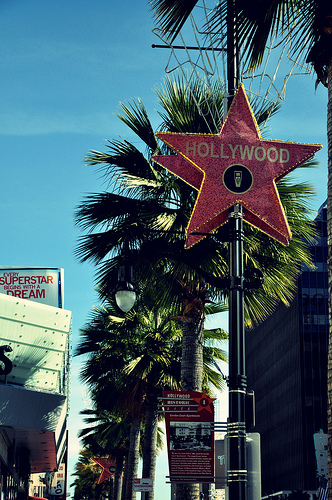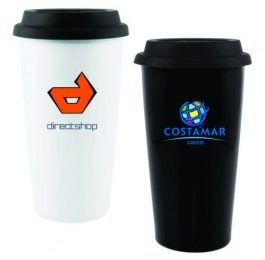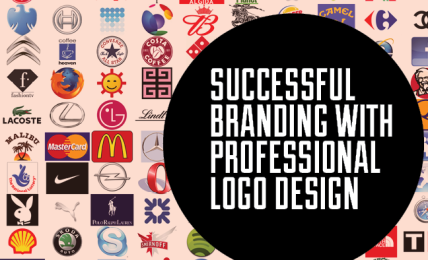
News that James Bond would be changing his drink from a martini to a Heineken beer in the 2012 film,
Skyfall, doubtlessleft serious fans of the spy movie franchise shaken and stirred.
But the ad and marketing folks at Heineken USA knew what they were doing when they shelled out a reported $45 million to put their green bottle in Daniel Craig’s weathered-but-dangerous hands.
“Everyone knows that James Bond has got the best gadgets,” Adweek director Larry Woodard told ABC News,
“ ‘What does it mean if he’s now drinking Heineken?’ It means Heineken is the best beer, theoretically.”
Product placement dates back to the days of black-and-white film.
An oft-cited early example is the Marx Brothers’ 1949 film Love Happy,
where the comedians raced across rooftops sporting neon signs for Mobil oil, among other products.
Over time, companies have devised ways to incorporate their products into plot lines — think Reese’s Pieces in E.T. — creating a more sophisticated version of the strategy known as product integration.
Since then it has found its way into every form of media, from radio and television to video games and viral videos.
These techniques will almost assuredly play an increasing role in a company’s marketing mix going forward.
As a professor at Washington University in St.
Louis named Seethu Seetharaman points out, the image-blocking capabilities installed in most Web browsers and the ability to fast-forward through commercials with digital video recorders have drained the value out of these modes of advertising to a mass audience.
In fact, Seetharaman says, about the only place a commercial has any impact is in movie houses when they are aired between trailers for coming attractions.
Fortunately, the new media landscape also means your pockets don’t have to be as deep as a Dutch brewery to incorporate product placement into your own marketing efforts.
Video bloggers are almost always in need of funding for their productions. Meanwhile, local radio and television outlets are in dire need of revenue to replace dwindling ad sales.
Even just getting a personality to wear a T-shirt with your company logo, or having a branded coffee mug displayed on a set can be a win-win proposition for all parties. Just follow the same steps Heineken did when choosing a partner:
Align audiences. Presumably you know your own audience. So make sure the program you’re approaching addresses the same demographic.
With online channels, you have the added advantage of hit counters and comment sections to gauge which ones will give you the most bang for your buck.
Find a fit. Think about how your product or service will be utilized within the program. Does it advance the plot? Is it a running gag? Part of a character’s personality? Or maybe it just sits visibly but inconspicuously in the scenery?
Practice moderation. Product placement and integration has been elevated because other forms of marketing have oversaturated consumer tolerance.
Avoid the temptation to inject your company’s messaging into every nook and cranny of a program. Forcing the product forward will almost certainly backfire.
Integrate with other channels. Heineken USA’s deal with the producers of Skyfall includes 007 himself starring in television commercials that will air across the globe.
Don’t miss the opportunity to integrate your product placement deal across all your marketing channels. If done correctly, it will provide the mutually beneficial outcome of growing the program’s audience base and increasing the return on your investment.
Citations:
PHOTO: Flickr user Alexis Fam Photography
Featured images:
License: Creative Commons
image source
Chris Lenois is a business owner and professional journalist writing for VistaprintDeals.com, Vistaprint’s official coupon site with discounts on custom marketing products for businesses worldwide.
Chris has contributed articles to many newspapers and publications, including The Times-Picayune, Scat Magazine, and Wired.




